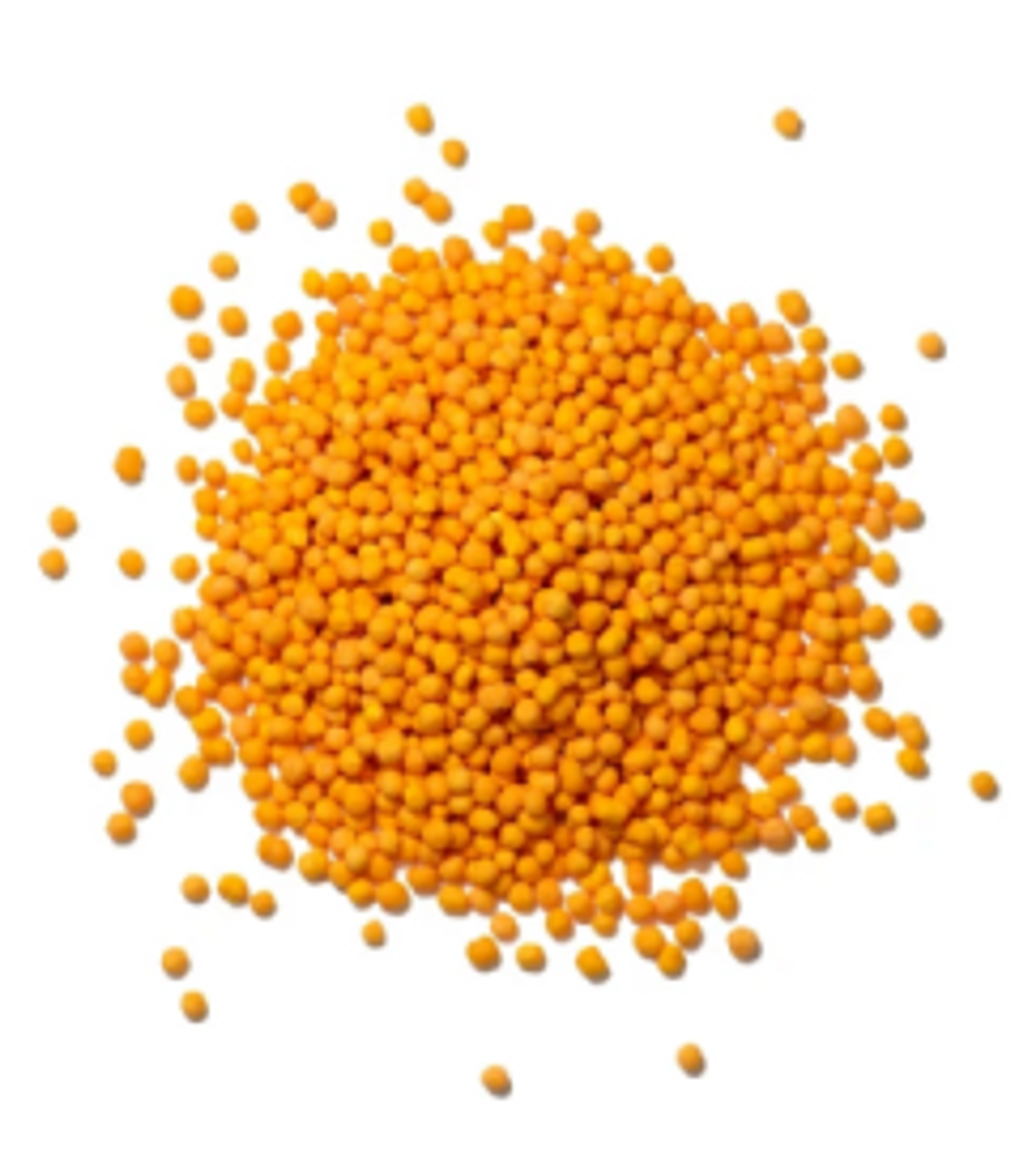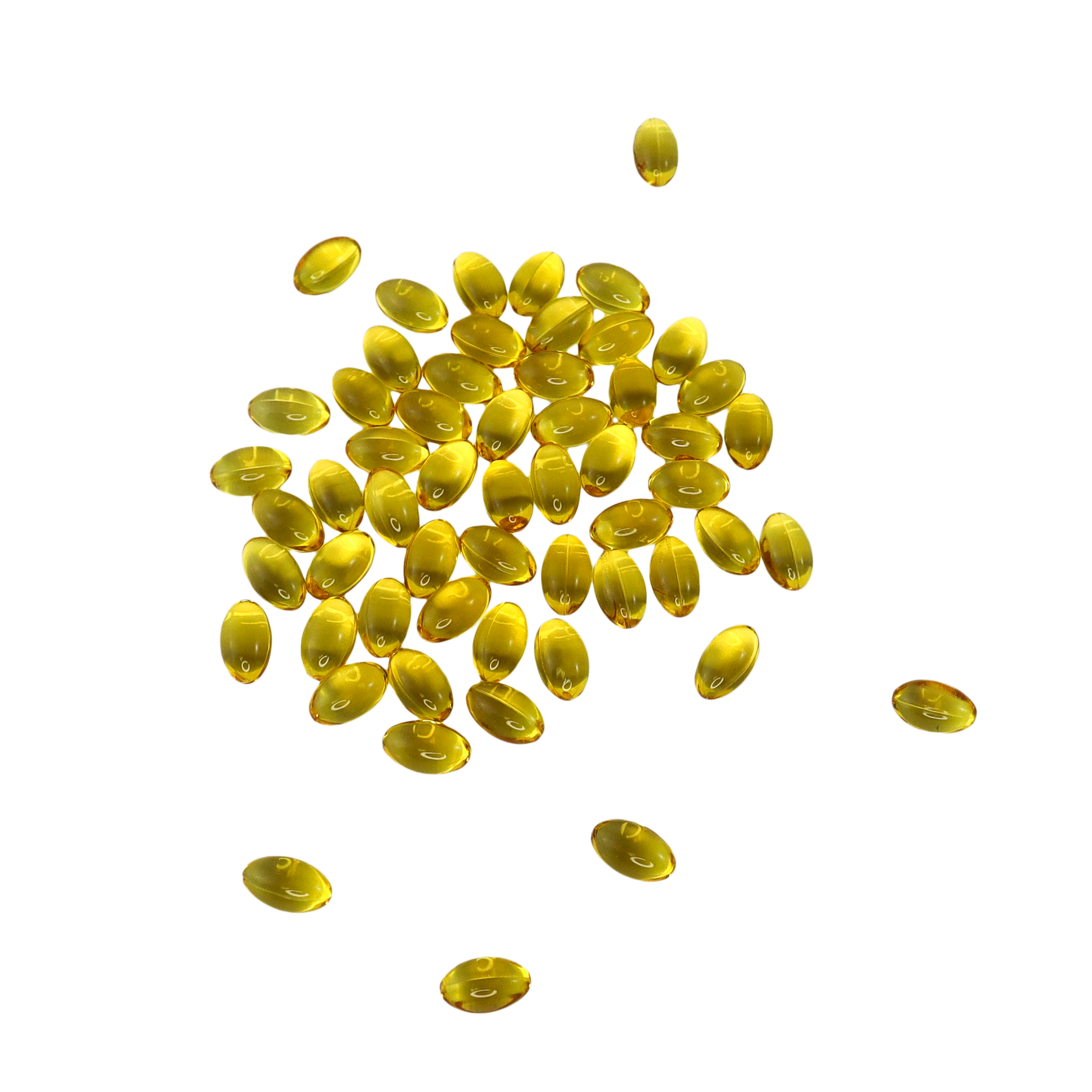Test Nutrients

Phytosterols are involved in the maintenance of healthy cholesterol levels. If Omega-3 fatty acids are bad for your cholesterol due to your genetics, Phytosterols are a good alternative to keep your cholesterol in check.

ALA is a strong antioxidant that protects your cells from free radical damage. It also has a number of functions in the prevention of age-related skin changes.

Vitamin D3 is involved in immune health, calcium absorption, maintenance of bone mass and teeth, cellular division, and muscular system function. Vitamin D3 must be recognized by a receptor in the body to carry out its function. The gene for this receptor is mutated in some people and more vitamin D3 is required to produce the same receptor activation.

Zinc is involved in energy and acid-base metabolism, protection from oxidative stress, nervous and immune system function, cellular division and DNA synthesis, and maintaining normal testosterone levels.

Vitamin E is a powerful fat-soluble antioxidant that eliminates free radicals (reactive oxygen molecules) and supports healthy immune system function.

Vitamin B12 is involved in energy and homocysteine metabolism, nervous and immune system function, red blood cell formulation, and cellular division. Genes are meant to protect your body from an elevated level of homocysteine, which is bad for your heart. If these genes (MTHFR to be exact) don't work well, vitamin B12 can help lower homocysteine.

Selenium is involved in the maintenance of hair and skin, immune system function,
sperm production (men), and the regulation of oxidative stress in the body. Selenium is an important part of many proteins in the body. Without selenium they cannot be built and important processes cannot be carried out within your cells.

Vitamin B2 is involved in energy metabolism, iron metabolism, nervous system function, and the maintenance of health mucous membranes, red blood cells, skin, and vision.

Omega 3 is involved in brain health, mood, heart health, and inflammation regulation. Omega-3 fatty acids can have a positive or a negative effect on your cholesterol levels depending on your genes.

5-Methyltetrahydrofolate (5-MTHF) is involved in methylation processes, homocysteine metabolism, cellular division, maternal tissue development, and neurotransmitter formation. Genes affect how your body utilizes folic acid, the most commonly supplemented form of vitamin B9.

Calcium is the most abundant mineral in the body and is critically important for strong, healthy bones. Certain genetic variations modulate the average calcium intake per day and it is recommendable to compensate for lower intakes.

CoQ10 is a natural anti-aging compound that can manage free radicals in your body that cause your tissues to age faster. However, CoQ10 must be activated before it has this effect and the gene that is required to activate CoQ10 is mutated in some people.

Manganese is involved in energy metabolism, regulation of oxidative, stress, and the maintenance of bones and connective tissue.

Magnesium is a critical nutrient, vital for over 300 biochemical processes. However, balance is key and it is not uncommon for people to over-supplement with either too much total magnesium or too much at one time.

Vitamin C is involved in energy metabolism, neutralizing free radicals, nervous and immune system function, regenerating vitamin E, iron absorption, and collagen production for healthy blood vessels, gums, bone, skin, and cartilage. Like all mammals, humans have a gene that can produce vitamin C. Unfortunately, in all humans this gene has been deactivated by a mutation and we are now dependent on nutrition to obtain vitamin C.

Methylasulfonylmethane (MSM) interacts with the immune system and is often taken to reduce oxidative stress and help with issues related to the immune system.

Copper is an essential trace mineral that is involved in the formation of connective tissue, energy metabolism, nervous and immune system function, hair and skin pigmentation, iron transport, and protection from oxidative stress.

Vitamin B6 is involved in immune health, energy and protein metabolism, hormone and red blood cell production, homocysteine metabolism, and nervous system function.

Iron is involved in energy metabolism, nervous and immune system function, cellular division, formation of red blood cells, and oxygen transport.